
| Darin McQuoid | Blog | Reviews | Tutorials | River Directory |
Nikkor
25-50mm f/4 AI-S
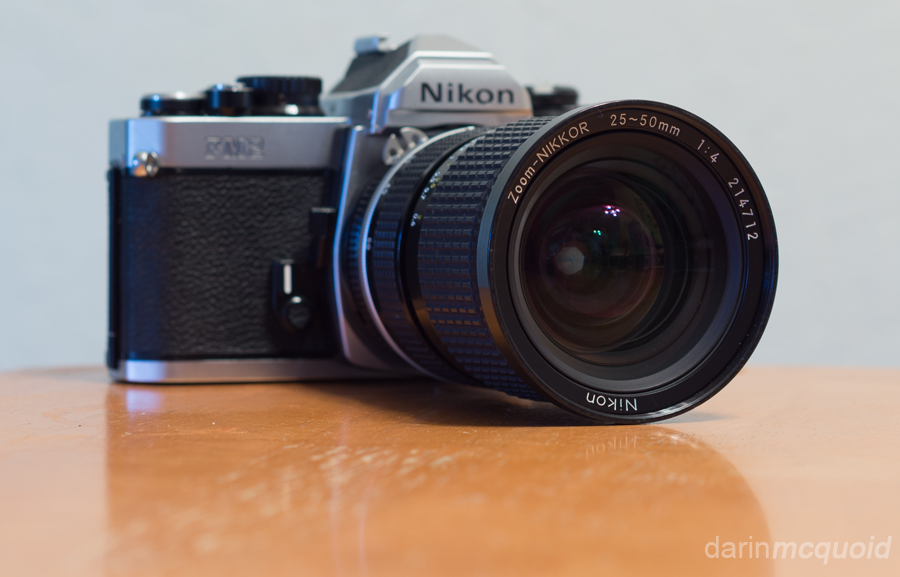

Weight:
21oz
Filter Size: 72mm
Filter Size: 72mm
Announced all the
way back in
1979 this lens is not particularly common. At the time this zoom was
large, heavy, expensive and slow. In 1979 an aperture of f/2.8 wasn't
considered fast, my how things have changed since then. Prices on the
used market vary wildly, from $250-700
One might wonder why someone would seek out this rather odd lens. I have a problem. I like the rendering produced by old lenses, there is often a subtle roundness to the rendering and softer contrast, as well as the occasional plasticity that just isn't there in modern lenses. These things all fit my taste, especially for whitewater. I also like zoom lenses, changing lenses by the river is simply a pain. I also like durable equipment, and modern zooms just don't last long in the back of a whitewater kayak. Now this lens makes perfect sense.
One might wonder why someone would seek out this rather odd lens. I have a problem. I like the rendering produced by old lenses, there is often a subtle roundness to the rendering and softer contrast, as well as the occasional plasticity that just isn't there in modern lenses. These things all fit my taste, especially for whitewater. I also like zoom lenses, changing lenses by the river is simply a pain. I also like durable equipment, and modern zooms just don't last long in the back of a whitewater kayak. Now this lens makes perfect sense.
It
looks big mounted on a Nikon FM2.
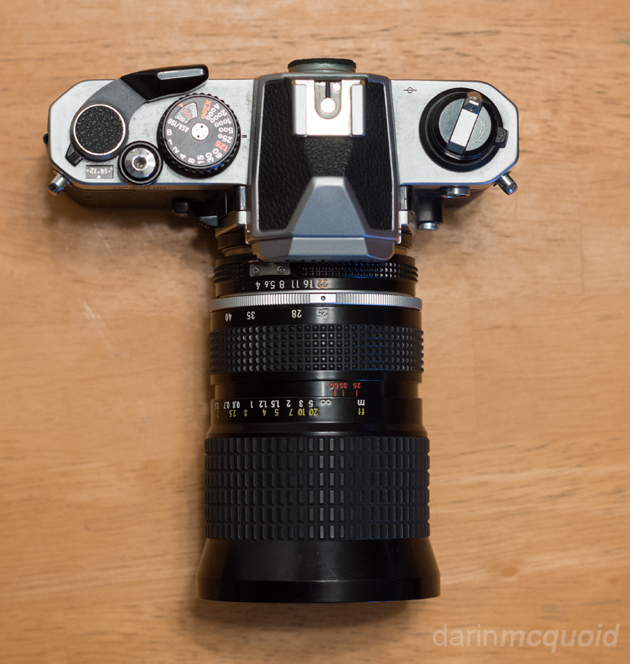
Look at that vignetting with a modern, slim Hoya HD2 Polarizing filter attached.

Build
quality is just what one would expect for any good name brand Japanese
lens in the manual focus era. The focus is incredibly smooth and turns
with just two fingers. The zooming mechanism on this sample is tighter
than the focus ring, which is quite nice. It's well marked (engraved,
not just silk screened) at 25mm, 28mm, 35mm, 40mm and 50mm. It's a
solid lens, nothing moves if you shake it...just like you would expect.
Unfortunately the front element does rotate while focusing, making use
with a polarizing filter tedious. This lens is also very prone to
vignetting without filters, let alone with them.
Look at that vignetting with a modern, slim Hoya HD2 Polarizing filter attached.
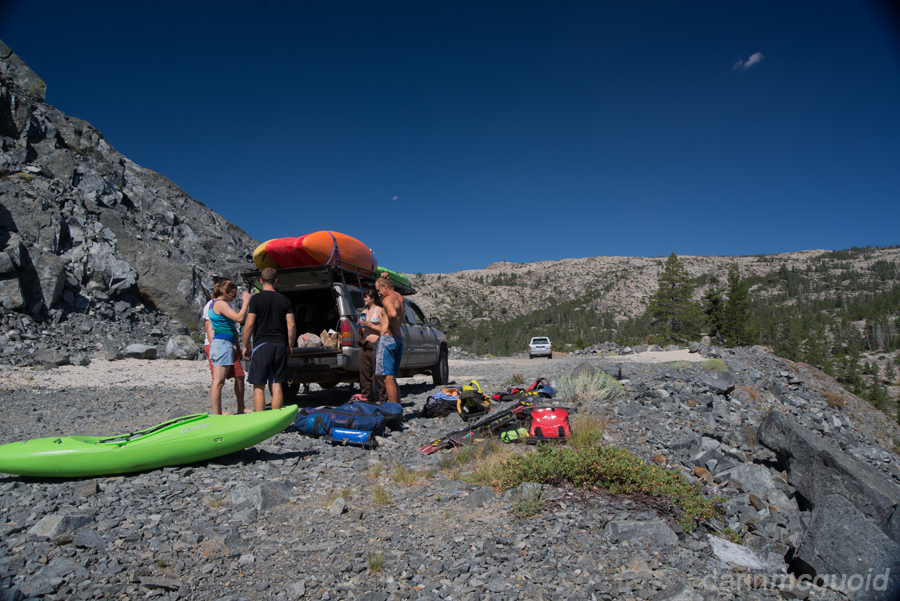
Nikon D600, Nikkor 25-50mm f/4 @ 1/60 f/11 ISO 100
Emme King, Fordyce Creek.
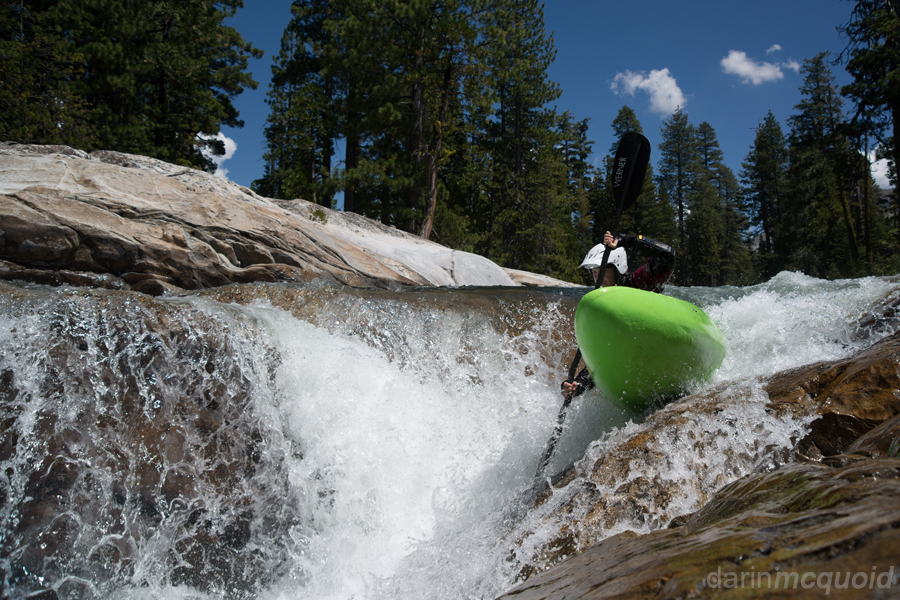
Nikon D600, Nikkor 25-50mm f/4 @ 25mm 1/800 f/4 ISO 100
Of course we need a 100% crop of the above to see what's really going on.

Nikon D600, Nikkor 25-50mm f/4 @ 25mm 1/800 f/5.6 ISO 100
As
the crop shows this lens is can be impressive, it's sharp and showing
less purple fringing at f/4 than the modern AF-S 24-70mm f/2.8. It
certainly has that magical look that some
old Nikkors have.
Here is a shot you're just never going to get with a variable aperture zoom.
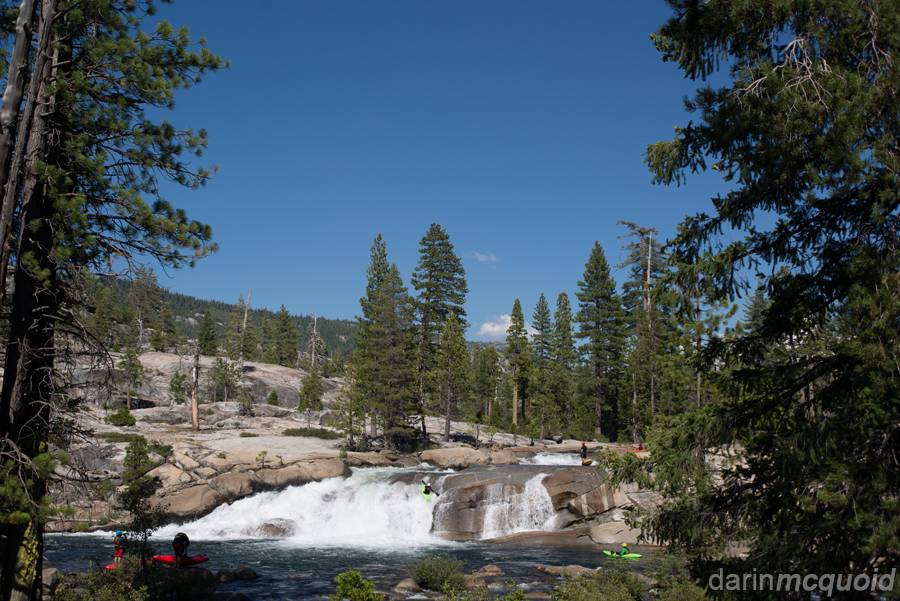
Nikon D600, Nikkor 25-50mm f/4 @ 40mm 1/800 f/5.6 ISO 100
Sharp? Well not so much at infinity.
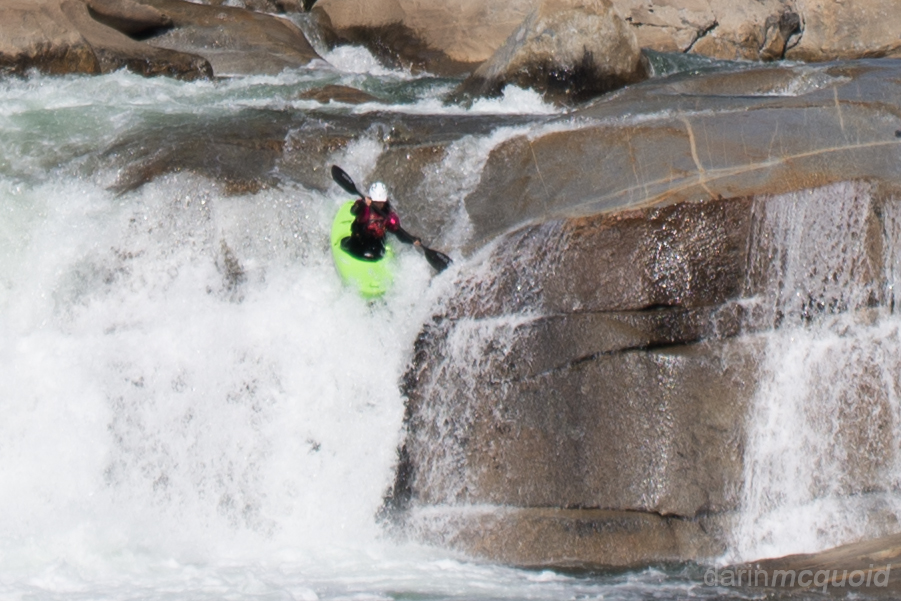
Nikon D600, Nikkor 25-50mm f/4 @ 40mm 1/800 f/5.6 ISO 100
Fourth of July. The straight nine aperture blades make sexy stars from light sources, and the lack of flare is impressive.
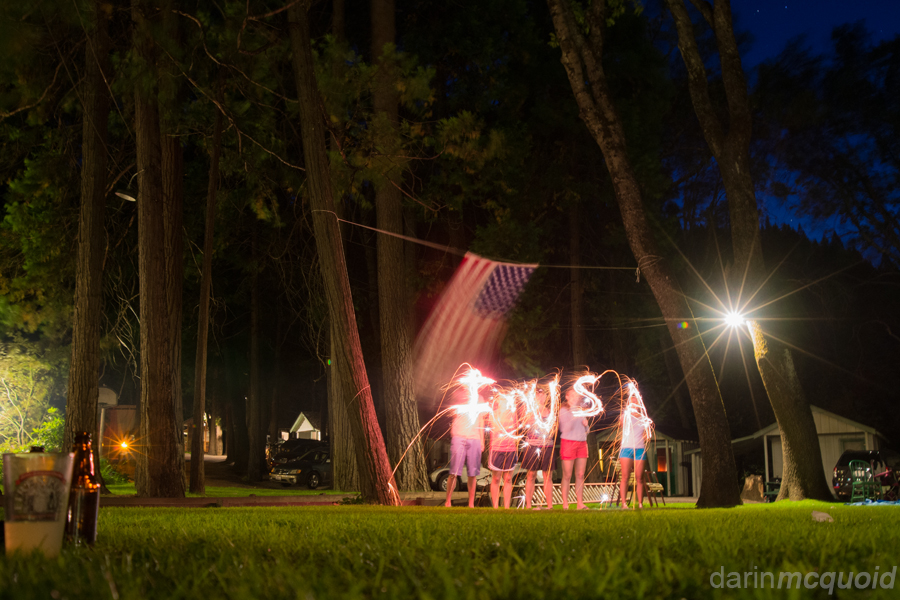
Nikon D600, Nikkor 25-50mm f/4 @ 25mm 6" f/5.6 ISO 1600
This image has been pushed a bit in post processing but not sharpened.

Nikon D600, Nikkor 25-50mm f/4 @ 25mm 1/100 f/8 ISO 100
Sharp, but not that nasty digital sharp that can be common in some modern plastic glass.

Nikon D600, Nikkor 25-50mm f/4 @ 25mm 1/100 f/8 ISO 100
Lake Berryessa
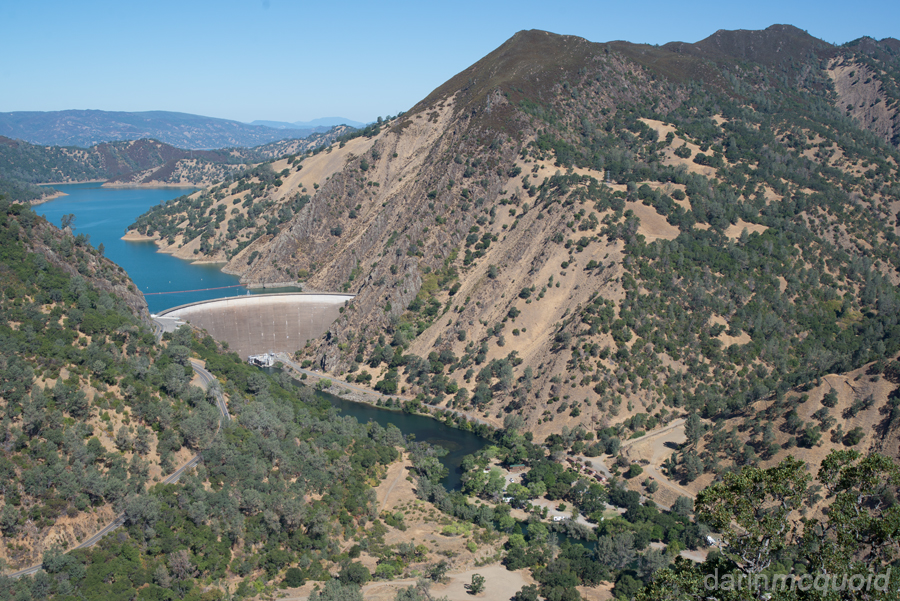
Nikon
D600, Nikkor 25-50mm f/4 @ 25mm 1/400 f/8 ISO 100
Just
not the same as close up...
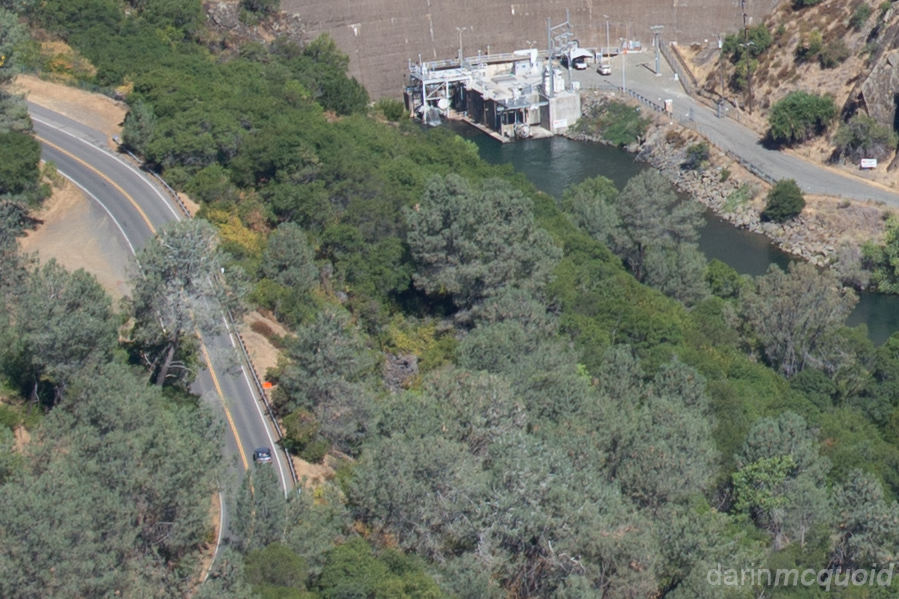
Nikon D600, Nikkor 25-50mm f/4 @ 25mm 1/400 f/8 ISO 100

Nikon D600, Nikkor 25-50mm f/4 @ 25mm 1/400 f/8 ISO 100
Build: 10/10
- Beautiful,
traditional Nikkor AI-S quality.
Handling: 7/10 - Zoom ring is a bit stiff and the filter ring rotates.
Performance: 3/10 - Amazing close up, poor at infinity. Prone to vignetting.
Value: 3/10 - If you never shoot at infinity it's amazing, but when you do....
Overall: 5/10 - The glass is half full.
If the Nikkor 25-50mm f/4 performed the same at infinity as it does close up, it would live attached to my camera. For close up shots I love the sharpness, texture and feel that the lens can deliver. Unfortunately it really falls apart at infinity, which is where a good bit of kayaking is shot.
Other links:
Dennis Saßmannshausen
Handling: 7/10 - Zoom ring is a bit stiff and the filter ring rotates.
Performance: 3/10 - Amazing close up, poor at infinity. Prone to vignetting.
Value: 3/10 - If you never shoot at infinity it's amazing, but when you do....
Overall: 5/10 - The glass is half full.
Practicality for kayaking: 4/10
If the Nikkor 25-50mm f/4 performed the same at infinity as it does close up, it would live attached to my camera. For close up shots I love the sharpness, texture and feel that the lens can deliver. Unfortunately it really falls apart at infinity, which is where a good bit of kayaking is shot.
Other links:
Dennis Saßmannshausen
Bjørn
Rørslett
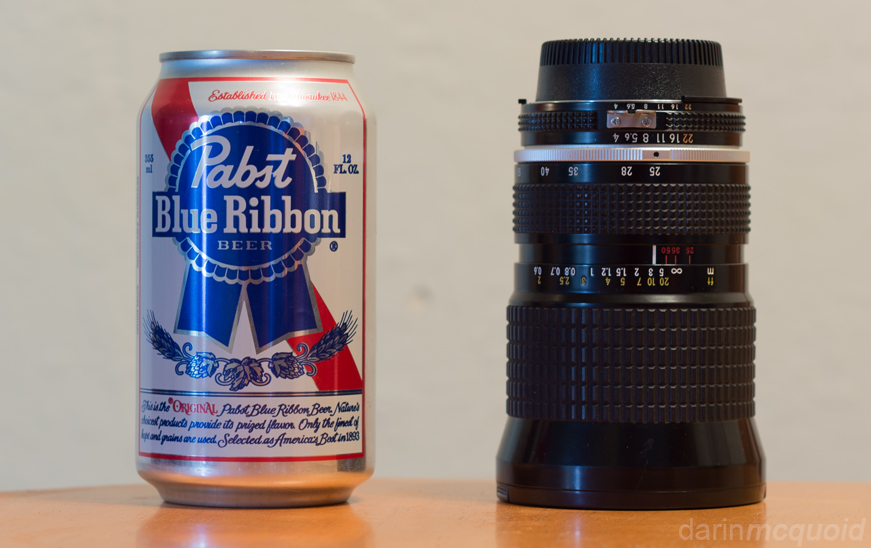
And they complained about it being too big, if only they knew....vs the AF-S 24-70mm f/2.8 the 25-50mm is petite.
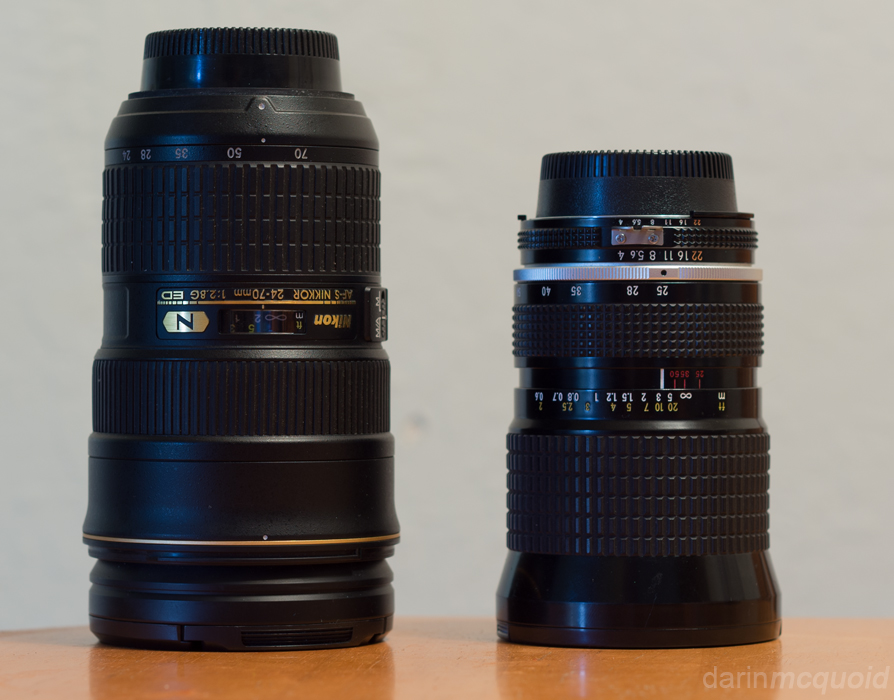

And they complained about it being too big, if only they knew....vs the AF-S 24-70mm f/2.8 the 25-50mm is petite.
